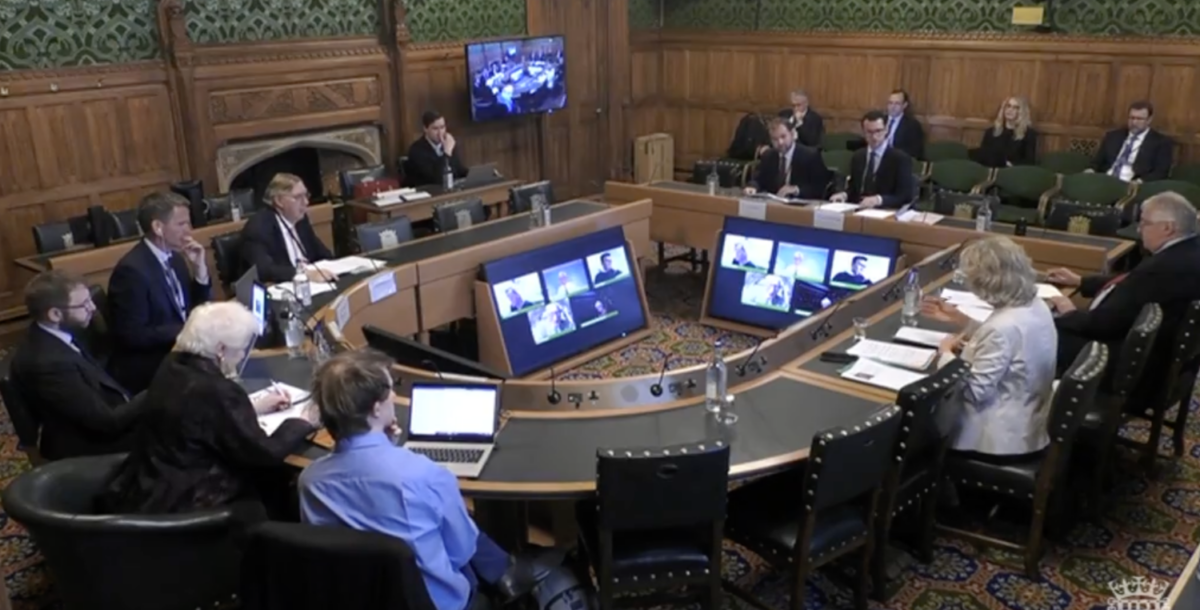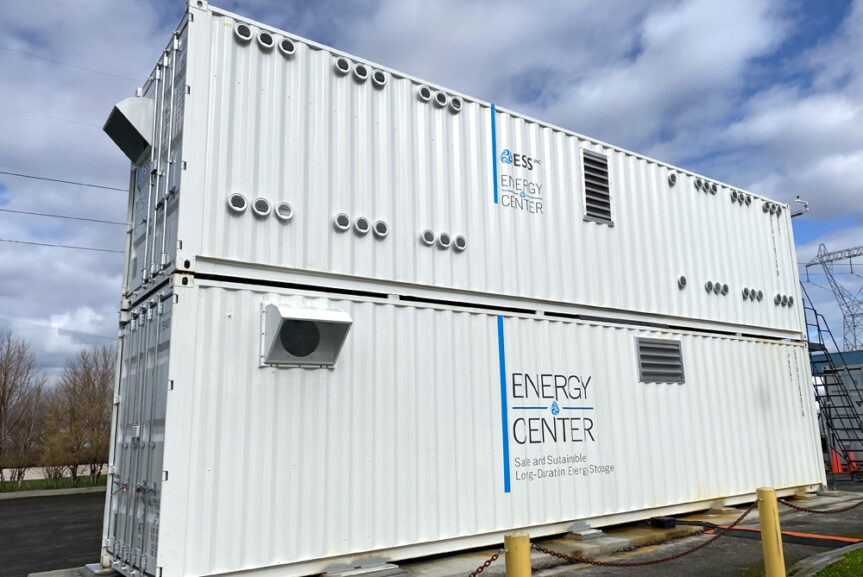The UK government needs a programme for deploying long-duration energy storage (LDES) for the grid properly, a parliamentary committee heard.
Addressing the House of Lords Science and Technology Committee’s inquiry into LDES for net zero on 19 September, Professor Pam Thomas, CEO of the Faraday Institution, said there seems to be no concerted programme on battery storage for the grid.
“It probably will not surprise you if I say that I think there ought to be a programme to look at how we deploy battery technology properly for the grid, not just the current technologies that one can purchase and site, but future technologies that might provide significant advantages in the parts of the spectrum in which batteries play a role.
“In particular, there does not seem to have been a concerted research programme as there has for automotive batteries and for redox flow batteries.”
She added the challenge is reducing cost and addressing reliability perceptions.
Matt Harper, Chief Commercial Officer of Invinity Energy Systems, told the committee his company was already operating at scale. Its Energy Superhub Oxford project has had a 5MWh flow battery serving the grid for the last 18 months.
“We expect to roll out more projects over time through some of the support and programmes that have already been mentioned, but we are already proving that commercial availability,” he said.
He said Invinity is excited about the emergence of secondary or recycled sources of vanadium. “There is a tremendous amount of vanadium being concentrated and produced as waste coming out of petrochemical refineries globally. Our goal over the next five years is to be able to exploit those sources so that we are no longer extracting vanadium from mines in new projects and instead making use of those waste materials, which are becoming more and more available all over the world,” he said.
As vanadium makes up to half of project costs, any scheme to finance the material over a very long period – potentially in partnership with regulatory bodies and financiers – would significantly decrease the total cost of implementing the technology, he said. It would also speed progress to net zero, he added.
The grid is lacking
Connecting their batteries to the UK grid is technically possible, but the grid is lacking. “We know we can go and build the batteries. The question is whether we can deploy them with the regulation and the market-based structures that are going to see the business actually accelerate towards delivering the needed capacity on to the electric grid,” he said.
David Surplus, co-founder of green hydrogen company B9 Energy Storage, told the committee the Northern Ireland grid is the one he is most familiar with, but said there are echoes in Britain too. “It is not really fit for its present purpose, let alone any future purpose that you might ask it to do. There needs to be an awful amount of money spent to gradually move your way towards something like that.
“My only fear here is that we have these really good projects that can do all sorts of good things, but, if they have to be connected to the grid in a normal way, that just becomes something that will not allow us to deliver on time.”
He called for private wire connections from offshore wind farms to large electrolyser installations that allow operation of the electrolyser on a generation-following mode.
In a controversial speech on net zero last week, Tory prime minister Rishi Sunak said his government would bring in energy infrastructure reforms to allow faster grid connections.
He outraged many in the auto industry though by moving the ban on sales of new petrol and diesel vehicles from 2030 to 2035 and softening other climate protection measures. A poll taken at the Association for Decentralised Energy’s annual conference found 75% of businesses said Sunak “had damaged business confidence with his diluted net zero policies.”












